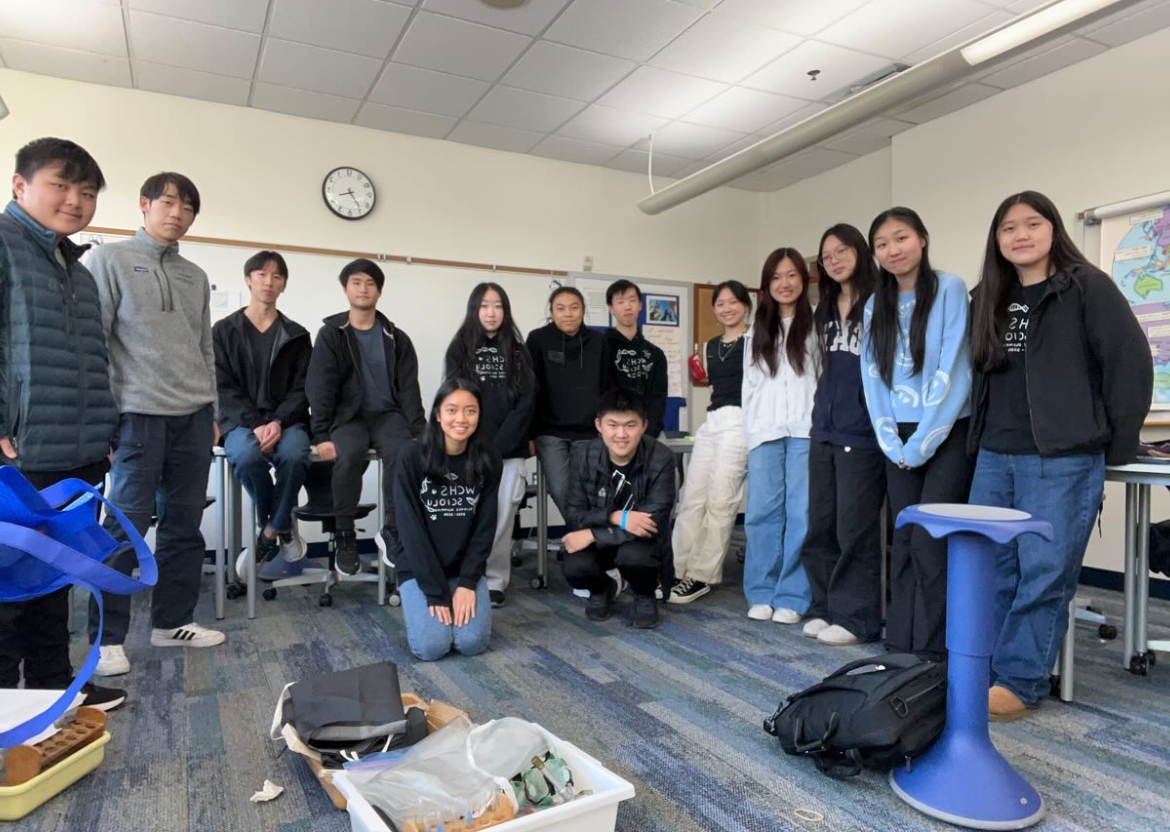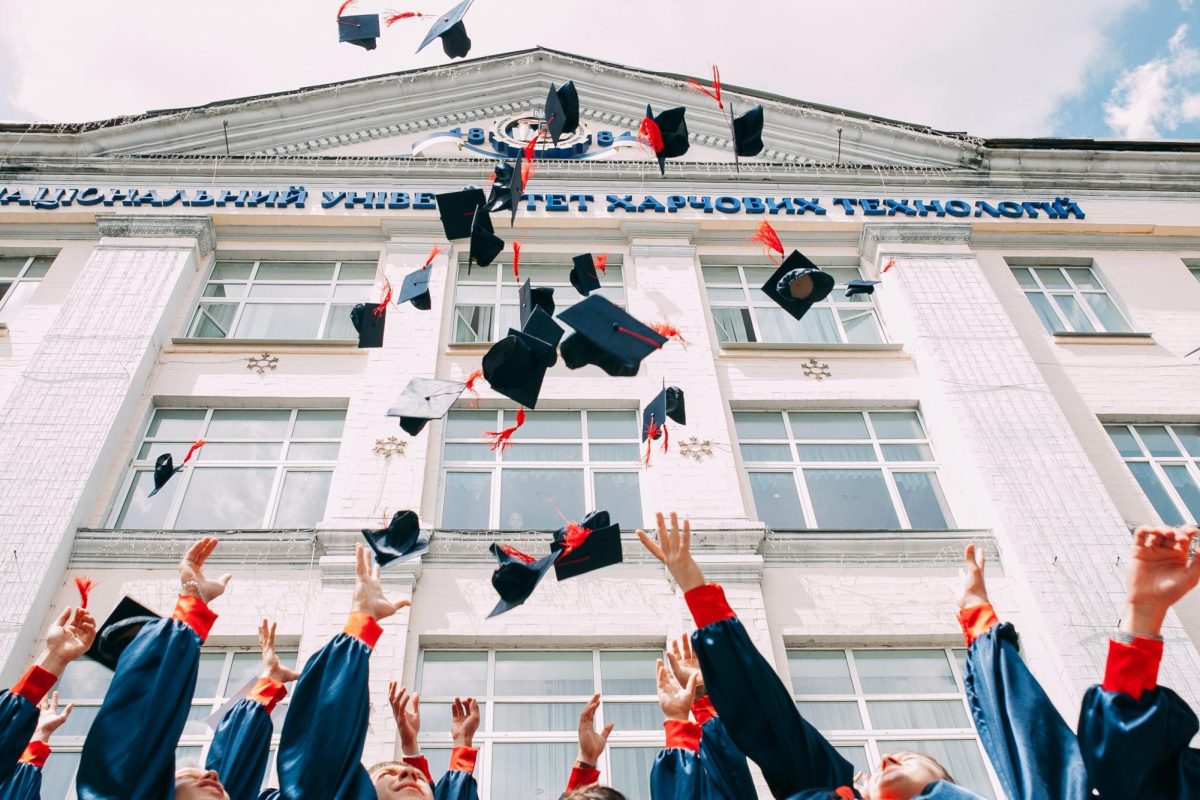International reporting has occupational hazards. Neat piles of paper and a tall glass of water sit on a shiny, brown desk. While these images are what the public may see on a typical daily news show, there are many unseen challenges and dangers that come with reporting.
International conflicts are a constant source of public intrigue, and the public gains all of their information about these global issues mainly through the media, presented by fearless reporters and journalists.
“Journalism is an inspiring career,” said Charlotte Grimes, Knight Chair in Political Reporting at Syracuse University’s Newhouse School of Journalism. “These young people want to do the important work of telling these stories.”
In journalism education programs, prospective journalists learn about the different kinds of conflicts in the world and are trained to deal with difficulties in war zones. While reporters and journalists go through years of school, the real test of a dangerous situation is not something that can be experienced in a classroom.
“We emphasize that safety is the most important thing they can learn,” said Timothy McNulty Co-Director of Northwestern University’s Medill’s National Security Initiative.
When traveling, journalists must be familiar with and understand the culture of an area as well as the situation they are about to face. Preparing oneself for the circumstances is key to maintain safety.
“It is important to do as much research as possible on the background of the country,” CBS news anchor Katie Couric said in an e-mail interview. “When it comes to the dangerous part, you have to exercise caution and have common sense.”
The recent revolutions in the Middle East and the increase in world terrorism have created a rise in danger for international reporters. Journalists used to be internationally perceived as neutral, allowing them to report both sides of an issue. However, now many journalists no longer have the same sense of protection.
In Egypt, journalists Anderson Cooper and Lara Logan were attacked separately during the brutal riots. Logan was held at gunpoint, and both suffered injuries. The Egyptian security and police forces did not intervene or try to stop the attacks, according to a Feb. 3 CBS News article.
“Instead of having a feeling of neutrality, the people who are fighting think of the journalists on one side or the other,” McNulty said. “People target the journalists as much as the enemies.”
While reporting in the United States may be hazardous at times, the language and cultural barriers in foreign countries add to the challenge. Time differences also play a role in reporters’ abilities to be attentive and intuitive at all times, and certain countries pose more of a risk than others.
“I could be covering the royal wedding in London or the uprising in the Middle East,” Couric said. “Every experience is unique.”
According to Couric, her experiences with crowds full of tasers and machine guns while covering the Egyptian revolution was terrifying, and there was no authority enforcing order or control of the crowds.
“I think Egypt was so frightening because it was so unpredictable,” Couric said. “Things turned on a dime and when mobs of people are involved, you truly never know which way it’s going to go. Many reporters were hurt covering the story because it erupted in violence. Others were hurt because the mob turned on them. But most of these reporters, I believe, feel proud of the work they did and are convinced this was a major story that needed covering.”
Sometimes, conflicts in countries are so intense that even neutral journalists are put in prison just for getting involved. According to the Committee to Protect Journalists, more journalists were imprisoned in 2010 than any other year since 1996.
Despite the fact that nearly all serious journalists are dedicated to their job, they take extra precautions when preparing themselves for risky situation. Returning home safely is a priority when it comes to potentially dangerous reporting jobs.
“I’m a single mom,” Couric said. “I have a responsibility to my daughters to not take extraordinary risks.”
The safety of these reporters is not only important for personal reasons, but their survival is also crucial for delivering breaking news to the public. Despite the many risks involved, these journalists have the bravery and determination to face the dangers of the real world up close.
“Students and all journalists need to be aware of the risks of international journalism to appreciate the courage it takes to do that job,” Grimes said.
Categories:
International reporting has occupational hazards
By By Allie Curwin and
Nicole Weltmann,
Staff Writers
March 23, 2011
Story continues below advertisement
0
More to Discover













